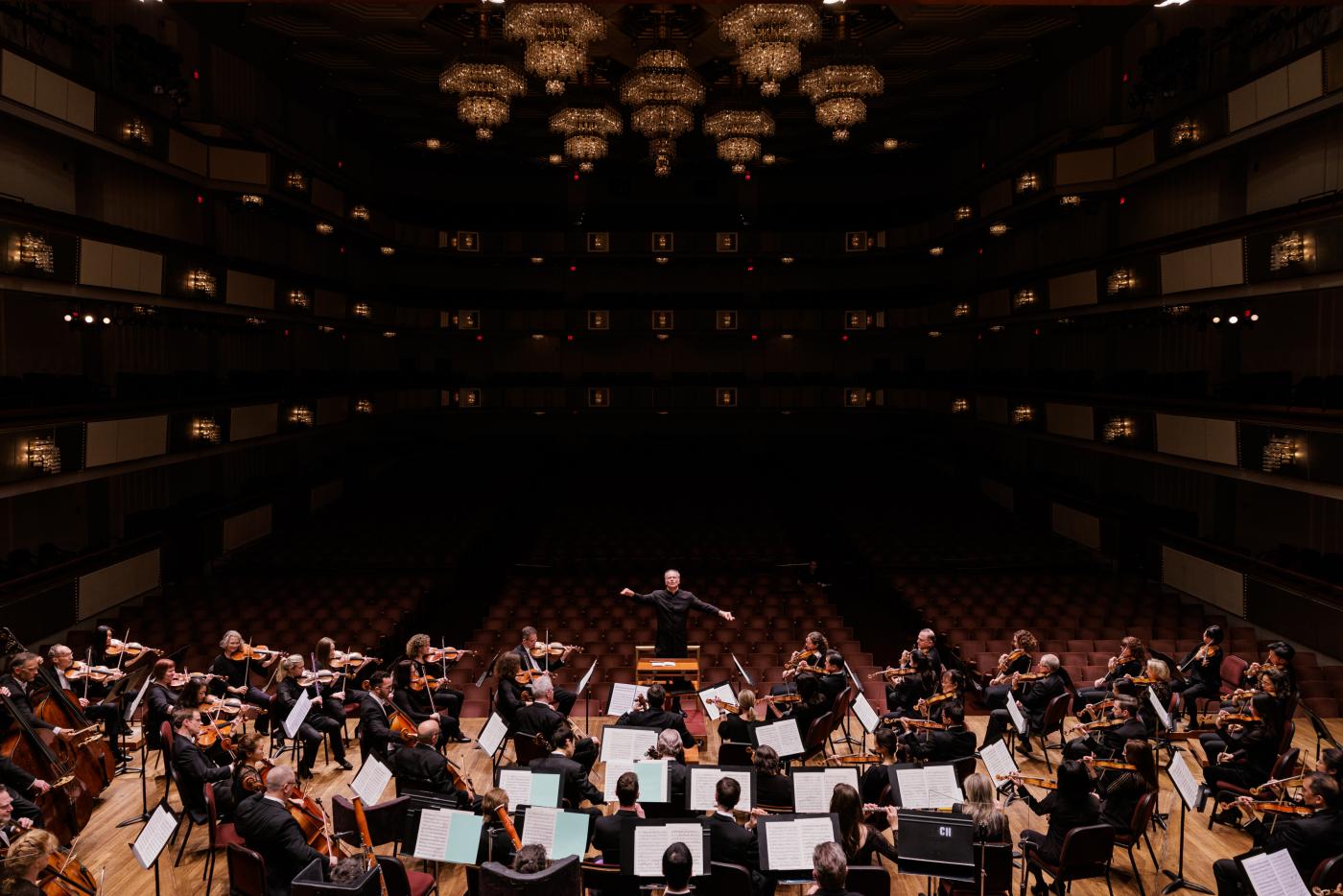On June 7 and 9, Gianandrea Noseda and the National Symphony Orchestra will inaugurate a new series of Opera in Concert, presenting an unstaged opera each season. Maestro Noseda was kind enough to take some time off from his busy week conducting the Wagner Ring Cycle at the Zurich Opera to answer a few questions about the upcoming performances of Verdi’s Otello in concert with the NSO.*
Nicole Lacroix: What is your approach to conducting an opera in concert with the orchestra on stage?
Gianandrea Noseda: What I try to achieve is for the orchestra to play in a more flexible, in a more cantabile (like vocal lines) way. And with the opera, with the drama that is in the opera, everything becomes more natural, more obvious, because the singers will lead this way of making music. So that is what I try to achieve and I’m convinced that sometimes opera in concert will serve the music more, without any kind of distraction.
NL: Where does Otello fit in with Verdi’s compositional career and development?
GN: Otello is the penultimate opera composed by Verdi in his 70’s --so he was a very mature composer: at the time mid-70's meant an old composer. It's the second of 3 operas with Shakesperean subjects: the first is Macbeth, the second Otello and the third one Falstaff. Otello is a very complex and refined opera. In terms of orchestration, it’s a step forward from the achievement in Aida and the Requiem that were the two pieces composed before Otello. And of course, it's a drama of jealousy, anger, envy-- of revenge and power. There are also elements of racism, because of course Iago is also against Otello because Otello is a Moor. He cannot accept that someone not White is just given the power by Venice.
NL: An international cast of singers includes the Armenian tenor and frequent Otello in the title role, Arsen Soghomonyan; Italian lyric soprano Erika Grimaldi as Desdemona; Russian baritone Roman Burdenko as Iago; Missouri native mezzo-soprano Jennifer Johnson Cano is Emilia; Italian tenor Francesco Marsiglia is Cassio; American tenor Aaron Crouch is Roderigo (known to Washington National Opera audiences as the Son in Blue); DC native and Cafritz Young Artist alum, bass-baritone Christian Simmons as Lodovico; Colorado native and Cafritz Young Artist baritone Jonathan Patton as Montano and American baritone Rob McGinness as a Herald.
The choral forces include the Choral Arts Society of Washington, the UMD Concert Choir, and the Children’s Chorus of Washington--a powerful combination for the cataclysmic storm that opens the opera!
GN: Of course, we have very good singers who I am sure will convey the emotion even without sets and costumes. I know Francesco Marsiglia very well, as well as Erika Grimaldi who will sing Desdemona; we collaborated on this in Torino. Francesco Marsiglia will sing Cassio. The tenor and baritone are really incredible singers for Otello and Iago.
NL: Verdi and Wagner were born in the same year, 1813. Did they influence each other?
GN: After Verdi attended the performance of Lohengrin by Wagner, of course he was very negative about that [he heard it in Vienna and commented that it put him to sleep!] but in that moment he changed his way of orchestration... His orchestration becomes more refined, the variety is bigger and also includes, starting with Aida and continuing with Otello and continuing with Falstaff, elements I will not call “leitmotif,” but elements that he learned from Wagner.
________________________________________________________________________
Next season (January 30-February 1, 2025), Gianandrea Noseda will conduct Barber’s Vanessa with a spectacular cast including Sondra Radvanovsky, J’Nai Bridges, Matthew Polenzani, Susan Graham and Thomas Hampson! But that’s another story...
Be sure to read Linda Carducci’s blog “A Guide to Verdi’s Masterful Otello” for an in-depth study of the opera.
*The interview is transcribed from audio, and edited for length and clarity.
PBS PASSPORT
Stream tens of thousands of hours of your PBS and local favorites with WETA+ and PBS Passport whenever and wherever you want. Catch up on a single episode or binge-watch full seasons before they air on TV.
